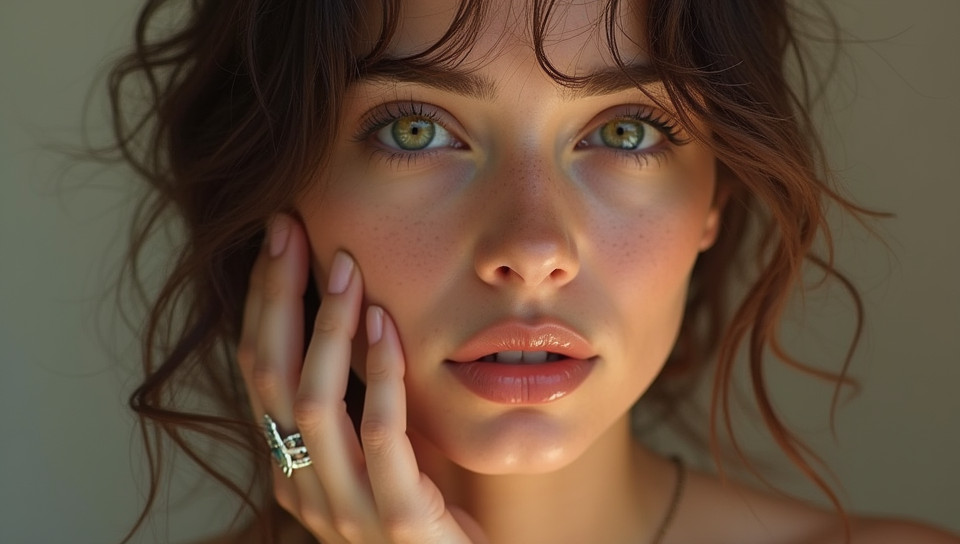Unrealistic beauty standards damage mental health and well-being 72%

The Dark Side of Beauty: How Unrealistic Standards Harm Our Mental Health
In a world where social media dominates our lives, it's easy to get caught up in the never-ending pursuit of perfection. We're bombarded with images of flawless skin, razor-sharp cheekbones, and impossibly toned bodies. But beneath the surface of these seemingly innocuous beauty standards lies a darker truth: unrealistic beauty expectations are damaging our mental health and well-being.
The Pressure to Conform
The pressure to conform to societal beauty standards begins at a young age. From an early stage, we're taught that certain body types, skin tones, and facial features are more desirable than others. This can lead to feelings of inadequacy and low self-esteem as we compare ourselves unfavorably to the seemingly perfect individuals presented in the media.
The Impact on Mental Health
Research has shown a clear link between unrealistic beauty standards and mental health issues such as depression, anxiety, and eating disorders. The constant exposure to idealized images can lead to negative body image, which can have serious consequences for our emotional well-being.
- Negative self-talk and low self-esteem
- Disordered eating habits and body dissatisfaction
- Social isolation and decreased self-confidence
- Increased risk of depression and anxiety
Breaking Free from Unrealistic Expectations
So what can we do to break free from the cycle of unrealistic beauty expectations? Here are a few steps you can take:
- Focus on your strengths and celebrate individuality
- Practice self-care and self-compassion
- Challenge negative thoughts and media narratives
- Surround yourself with positive influences and supportive relationships
Conclusion
The pressure to conform to unrealistic beauty standards is real, but it's not inevitable. By recognizing the harm caused by these expectations and taking steps to challenge them, we can begin to heal and move towards a more authentic and compassionate understanding of ourselves and others. Let's work together to create a world where beauty is celebrated in all its forms, and everyone feels valued and worthy just as they are.
- Created by: Mehmet Koç
- Created at: Sept. 8, 2024, 9:34 p.m.
- ID: 8867





